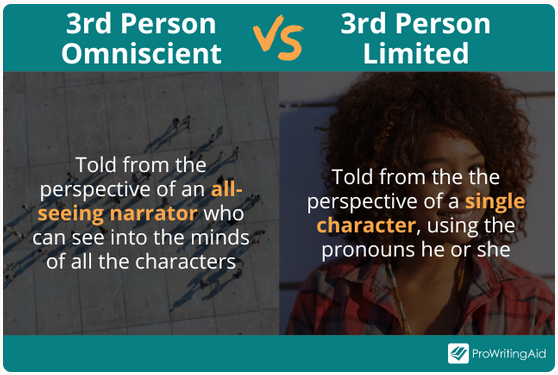After reading about the theories of constructivism, cognitivism, and behaviourism in the article, Behaviorism, Cognitivism, Constructivism: Comparing Critical Features From an Instructional Design Perspective by P.A. Ertmer and T. Newby, I reflected upon my own learning style and couldn’t quite place myself into one specific area. I wondered if there was an overarching learning style where each of the specified categories would blend or overlap, considering the complex nature of the human experience and especially that tied to learning. Perhaps each theoretical practice emerges individually or simultaneously during a single learning moment. I wondered if the most prominent emergence would then be considered the theory dominant, specific to that moment and learner response.
My thinking cap was secure.

My initial thought was that I align with constructivism more than cognitivism and behaviourism because I can be self-motivated and direct some of my own learning, but I have to wonder if each of these styles emerge continually throughout the process of learning. For example with behaviourism, I do tend to thrive when I have external stimuli motivating me like the act of keeping in pace with my peers. This means that I am motivated externally at times, even when none of my peers are establishing an expectation to perform to their level or above. It makes me wonder, again, if that is constructivismn at play as the motivation stems from my own drive towards achieving a non-existing expectation…
A example of my learning experience is a recent one while working on my car with my mechanic, or my vehicular guru, as I like to call him, who has been teaching me throughout my vehicle journey with my recent dream car acquisition. I have learned how to navigate the regular maintenance and then some. As I am becoming a teacher myself, I seem to have developed meta-observational skills -a term I made up- where I can identify the techniques or styles emerging from a teacher while I am in the state of learning. It really is a bizarre space to occupy as I feel both present in a first-person point of view and omniscient (only specific to my experience, therefore closer to a third-person point of view) when the meta-observational skills kick in.

To link this back to learning, motivation, and theory, I have to wonder how the skills of recognizing the learning theories helps or hinders my experience. Does being this aware actually advance my learning or could the experience be stunting my experiential learning by taking me out of the moment. Could these meta-observational skills foster support for students as it does for teachers? Perhaps the line between student and teacher could become blurred and would that be the worst thing? After all, who is teaching whom?